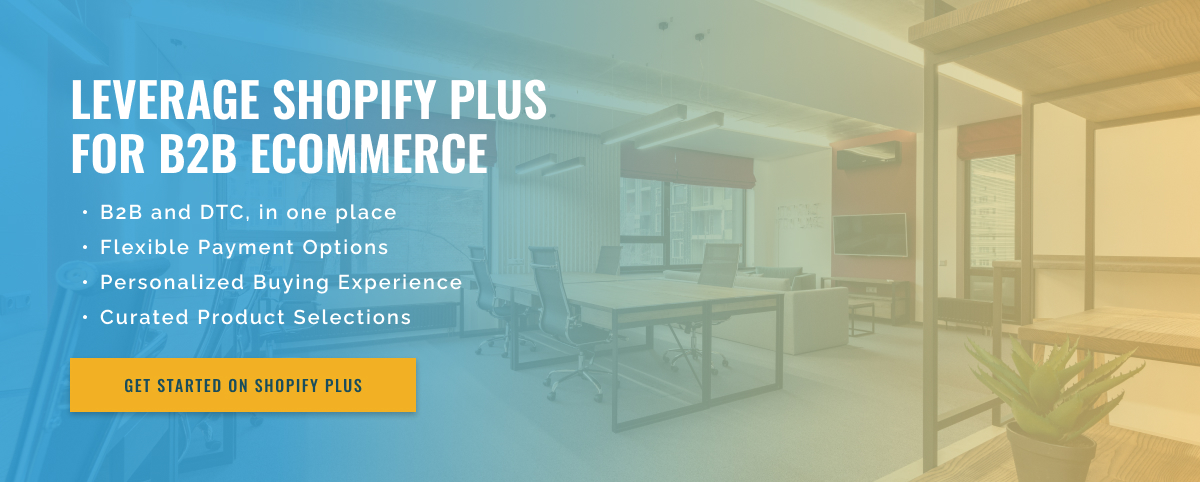3 minute read
The Power of Shopify’s API for Third-Party B2B ERP Systems
In today’s digital age, eCommerce has become an essential part of business life. With the rise of online retail giants like Amazon and eBay, companies have realized how important it is to have an online presence to reach a wider customer base. This applies not only to B2C (business-to-consumer) companies, but also to B2B (business-to-business) companies.
B2B companies have specific requirements when it comes to eCommerce. You’re often dealing with larger orders, complex pricing structures, and specific customer requirements. This is where the Shopify API comes into play, offering B2B companies a solution to integrate their online store with third-party enterprise resource planning (ERP) systems.
How does Shopify’s API help B2B companies integrate with third-party ERP systems? Let’s dive in.
First of all, Shopify API enables seamless integration of a company’s online store with its ERP system. This means that all data, including inventory, orders, and customer information, can be synchronized between both platforms in real time. This eliminates the need to manually enter data, saving time and reducing the risk of errors.
Second, Shopify API provides a central platform for B2B companies to manage their eCommerce activities. The ability to connect to multiple ERP systems allows companies to consolidate all data and processes in one place. This streamlines workflow and improves efficiency, allowing businesses to more easily manage their online store and fulfill orders.
One of the biggest challenges for B2B companies is dealing with complex pricing structures. Many companies set individual prices for their customers based on factors such as order volume and customer segments. Shopify API allows you to integrate these pricing structures from your ERP system into your online store, making it easier for businesses to offer personalized pricing to their customers.
Additionally, the Shopify API offers extensive customization options that allow businesses to tailor their online store to their specific needs. This includes the ability to display custom product catalogs, create unique customer experiences, and set specific order fulfillment policies. All of these features are crucial for B2B companies to meet the unique needs of their customers and stand out in the competitive eCommerce market.
To summarize, Shopify API has revolutionized the way B2B companies operate online. With seamless integration with third-party ERP systems, centralized management, the ability to handle complex pricing structures, and customization options, it has become an essential tool for B2B companies looking to thrive in the digital world.

